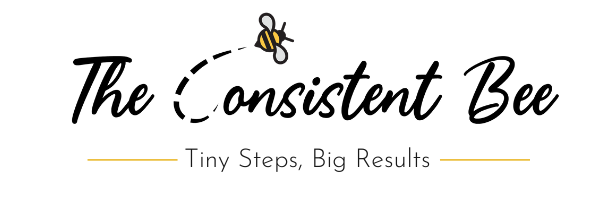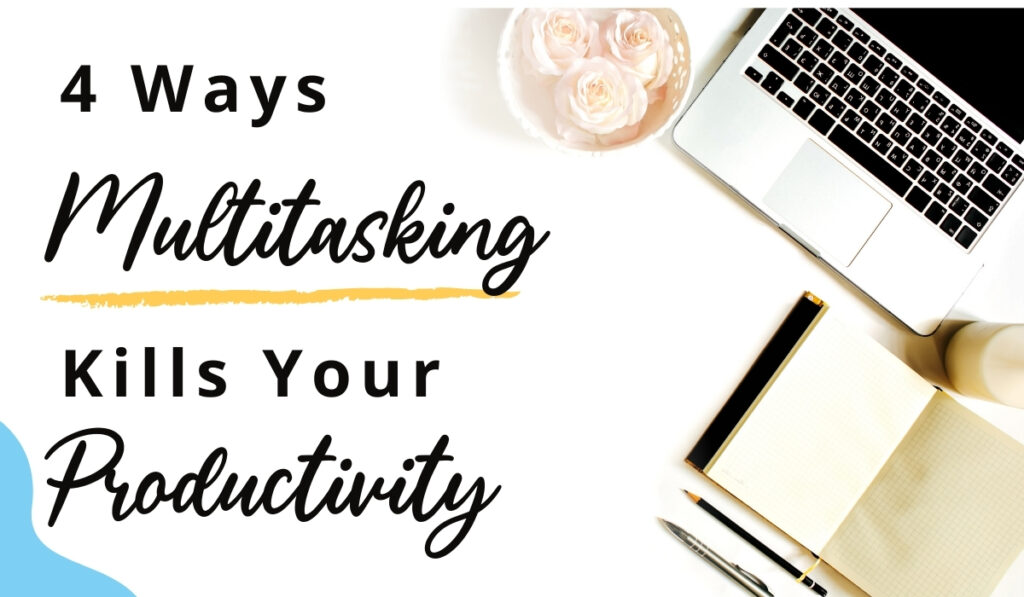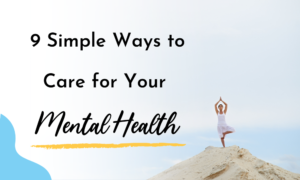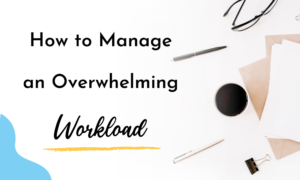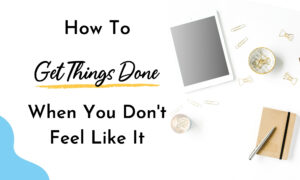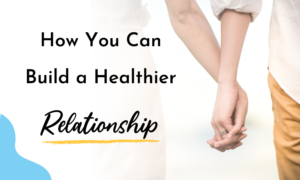Research suggests that multitasking can decrease your productivity by 40%.
It’s no secret that multitasking is a part of our daily lives.
Just pay attention to how often you scroll Tik Tok while watching Netflix or answer the phone at work while typing up an email.
We may think we’re getting more done by doing more at once but in reality, we’re killing our productivity and delivering less-than-stellar work.
In this post, I’ll shed some light on the misconception that multitasking is a prized “skill” and share how it actually can damage your brain in the long run.
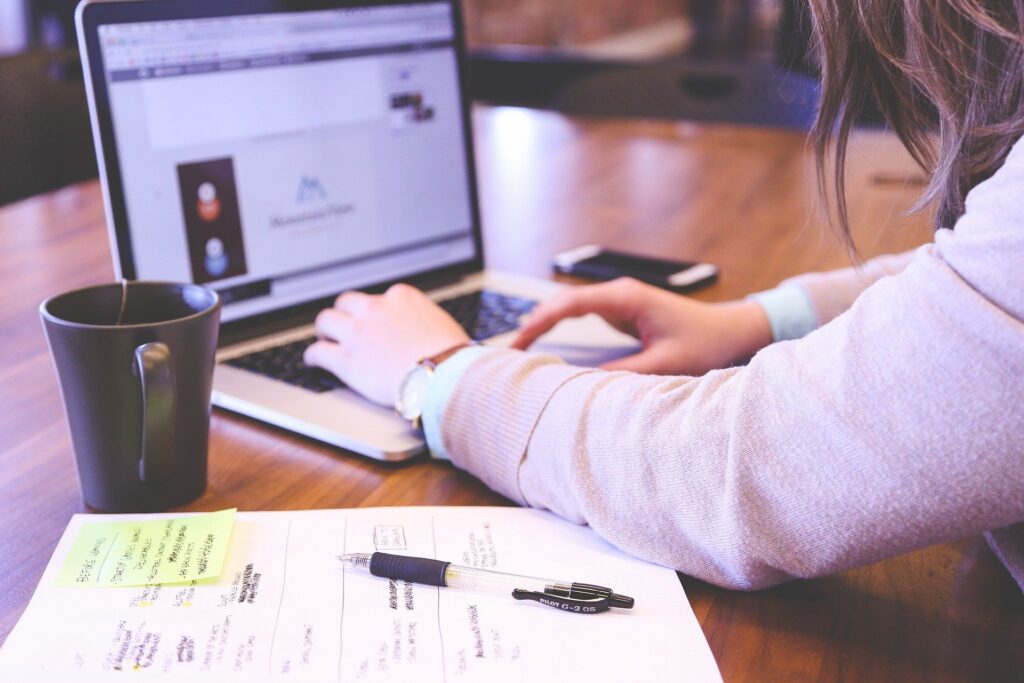
1. Splitting Your Focus Leads to Lower Quality of Work
If you answer the phone to help a client while trying to quickly type the rest of your email, a few things may happen:
- You won’t truly be listening to the client on the phone so you may misunderstand what they want.
- If you’re focused on the person talking, then you might make spelling errors in your email.
This will only lead to more effort exerted at the end of the day to make sure you got everything right.
What you can do:
Be self-aware.
When you catch yourself multitasking, pause and switch your focus to completing one task before moving on to the next.
If you have a habit of multitasking, then it will be harder to break. This is where self-awareness is crucial to changing your habits.
Tip: Leave a sticky note somewhere visible reminding you to be self-aware. It could say something like, “Only focus on one thing.”
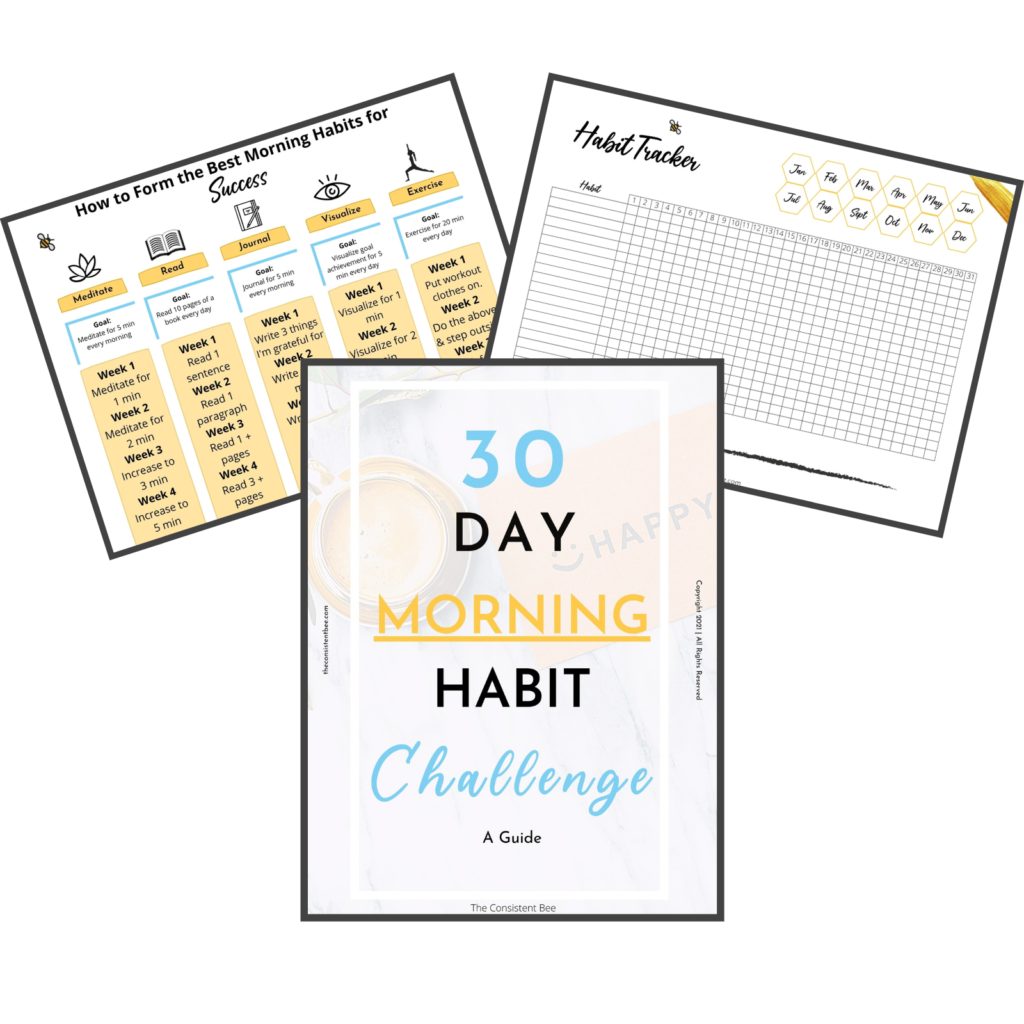
Do you want to be more productive in the morning without all the stress? Let me help you set your day up for success with my FREE Morning Habit Challenge!
Enter your name & email below to get your hands on it!

2. It Causes Stress and Frustration
We’ve all been there where two of our friends are speaking to us at the same time and you can’t make out a word from either of them.
A few seconds of that is enough to become stressed.
So much so in fact you’ll probably yell, “One at a time!”
The same chemical response occurs when you try to do too much at once.
Stress Up, Health Down
According to the Mayo Clinic, stress can cause fatigue, headaches, sleep problems, anxiety, lack of motivation, depression, relationship problems, and weight gain, just to name a few.
We don’t always think about the terrifying side effects stress can impose on us.
If we want to steer clear of these negative outcomes, we must become more aware of the unnecessary stress we bring on ourselves.
What you can do:
When you start to feel overwhelmed or like you’re taking on too much, stop and breathe.
Close your eyes if you want and take three deep breaths; in through your nose and out through your mouth.
Studies have shown that deep breathing can quickly lower cortisol levels, aka, the hormone responsible for stress.
I would recommend doing this every hour, as it only takes about 10 seconds and will do wonders for your mental health.
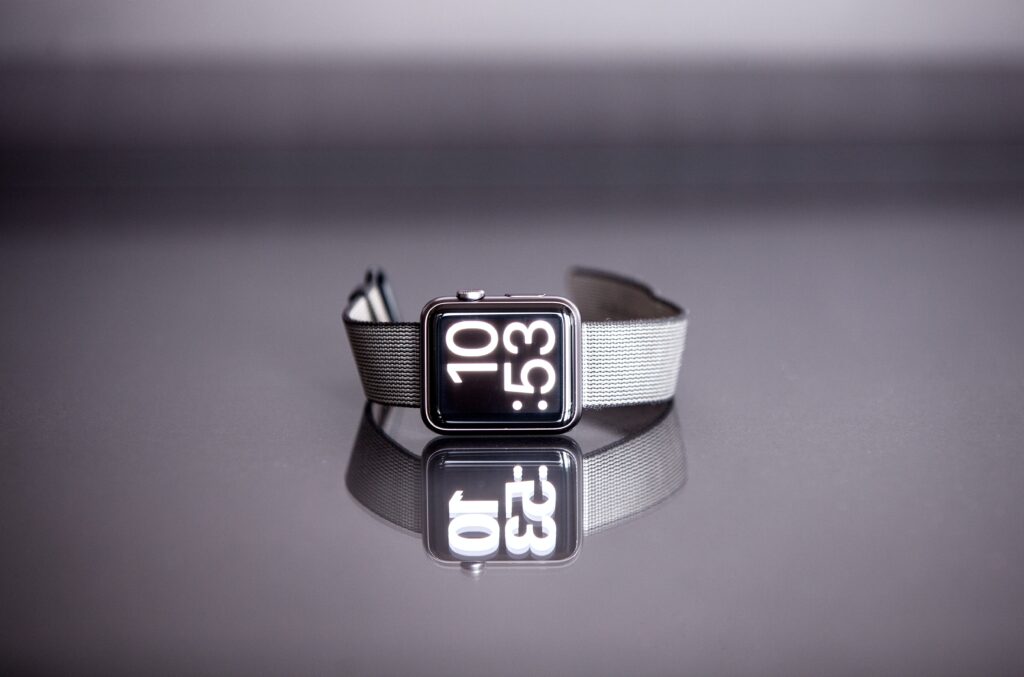
3. You’re Not Saving Time, You’re Losing It
Did you know that it takes your brain four times longer to recognize new things?
Thinking that doing more at once equals time saved is a flawed belief.
When you are constantly switching between tasks quickly your brain has to have time to catch up.
If you’re multitasking all day, it will take your brain even longer to get re-focused on a new task.
I’ve easily found myself re-reading emails or documents because my brain hasn’t fully focused on the new task.
When you have so much to do, it can be hard to not want to tackle everything at once.
You may even feel indecisive about what to focus on first.
What you can do:
At the beginning of your day, list out your top three most important tasks to get done. Focus on each of those, in order of priority.
I suggest tackling your most energy-consuming task first when your willpower is fully charged.
Once you’ve got those done, you’ll feel like a weight’s been lifted off your shoulders, and you can move on to the secondary tasks.

4. Makes It Harder to Handle Your Emotions
Have you ever lashed out at your spouse for seemingly no reason?
Or been unable to take criticism from your boss without ruminating on it for days or weeks?
Believe it or not, multitasking may be partially to blame.
Why?
Being so caught up in our never-ending to-do lists means we don’t take the time to be present in the moment.
Not practicing self-awareness may cause us to neglect, misunderstand or bury our emotions when they surface.
If we can’t be aware and cognizant of our own emotional state, it’s virtually impossible to be empathetic toward somebody else’s.
This can take a toll on the quality of your relationships at work and at home.

Pause to listen
Being distracted leaves out the opportunity to engage with others and practice empathetic listening.
Empathetic listening, if done right, can help you uncover a root cause of a problem, say with a frustrated customer, and be able to offer the best solution.
It’s not all about brains
A study of Harvard business, law, and medicine graduates discovered that it wasn’t IQ that was greatly correlated with future career success but rather their level of emotional intelligence.
What you can do:
The only way you’ll become more emotionally mature is to practice empathy and self-awareness daily.
If you’re not careful, multitasking might just rob this of you.

Final Thoughts
Multitasking is a habit most of us share in common but the negative side effects are ones that may hinder our work, rather than help it.
By practicing self-awareness, empathy toward others, and taking a few moments out of the day to be present, we can reclaim our focus and put forth our best work.
Want more tips on enhancing your productivity? Jump on over to my other blog post 5 Simple Habits for Making Your Morning More Productive.
